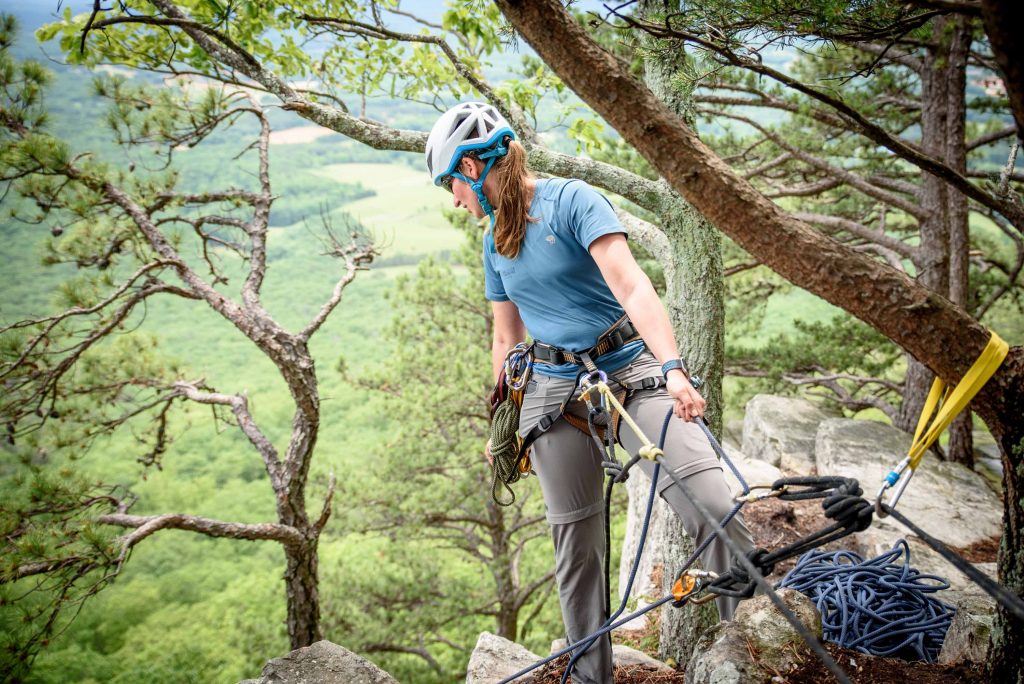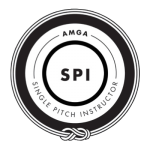
 AMGA Single Pitch Instructor (SPI) Exam
AMGA Single Pitch Instructor (SPI) Exam
Class is for:
Instructors and aspiring instructors that have completed the SPI course and feel ready to be examined for the SPI certification.
Prerequisites:
- You are a current member of the AMGA.
- You have successfully completed an AMGA Single Pitch Instructor Course.
- You have led a minimum of 40 traditional routes, most of which should be 5.6 or harder and on a variety of rock types.
- You are able to comfortably lead 5.6 traditional routes, which means you place protection.
- You are able to comfortably climb 5.8 on top rope.
- The SPI Assessment can be taken directly following the SPI Course if the candidate successfully completed the course and meets the assessment prerequisites. However, it is highly recommended that the SPI course candidate take time practicing and consolidating the skills learned on the course before assessment (6-12 months).
- You do not need First Aid training to take the course or assessment. However, it is your responsibility to hold appropriate medical certification for the location that you are working in.
Preparation:
- The prerequisite list above is a good place to start as minimum preparation.
- Consider an SPI PREP day to see where you stand and to help you prepare.
Benefits of SPI Certification:
- The only UIAA approved certification available in the US.
- Strong demonstration of commitment to professionalism to future employers.
- Demonstrates a minimum level of skill and integrates into the next level of training, the AMGA Rock Instructor Course.
Maintenance of Certification
- Certification lasts for three years as long as the candidate keeps current AMGA Membership and First Aid Certification.
- After three years current SPI’s can re-take the SPI Assessment to regain the SPI certification.
- Taking any higher level AMGA Course also re-certifies the SPI certification for another three years.
Class Length:
2 days.
Instructors:
An AMGA SPI Course Examiner.
Exam will cover:
- Terrain Assessment
- Client care
- Pedagogical skills
- Risk management
- Knots and hitches
- Hauls and Lowers
- Top and Bottom site management
- Lead climbing to setup climbs for clients
- Rope setup and anchoring skills
- Terrain assessment and guide book interpretation
- Environmental awareness
- Much much more

